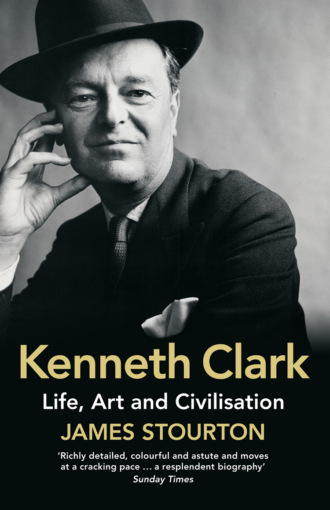Kenneth Clark: Life, Art and Civilisation

Полная версия
Kenneth Clark: Life, Art and Civilisation
Жанр: культура и искусствобиографии и мемуарыкинематограф / театризобразительное искусствотелевидение
Язык: Английский
Год издания: 2019
Добавлена:
Настройки чтения
Размер шрифта
Высота строк
Поля
Конец ознакомительного фрагмента
Купить и скачать всю книгу

